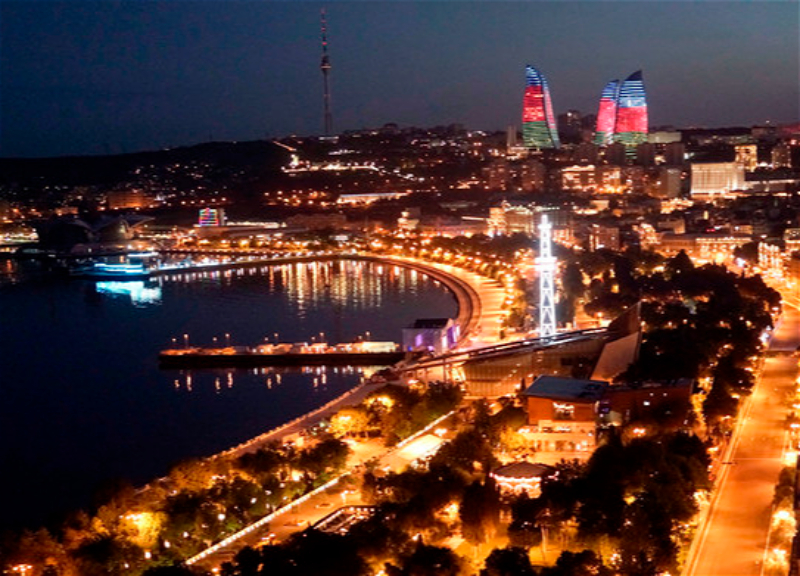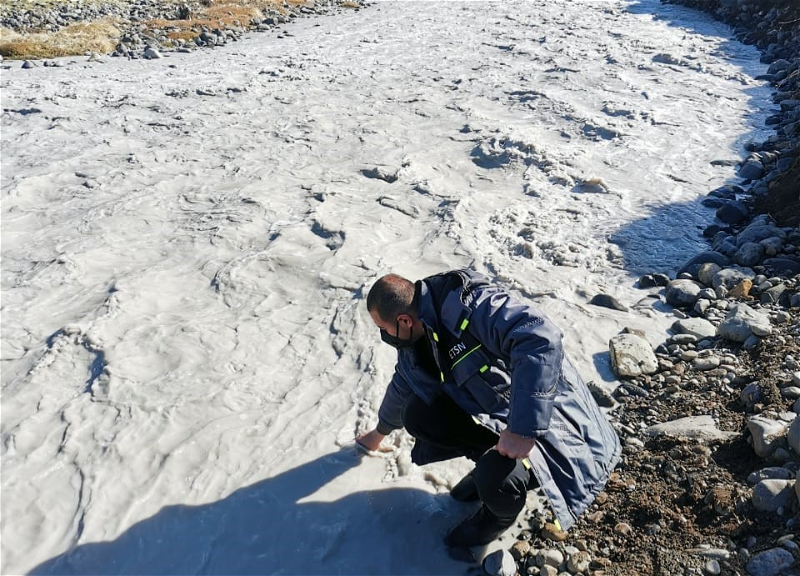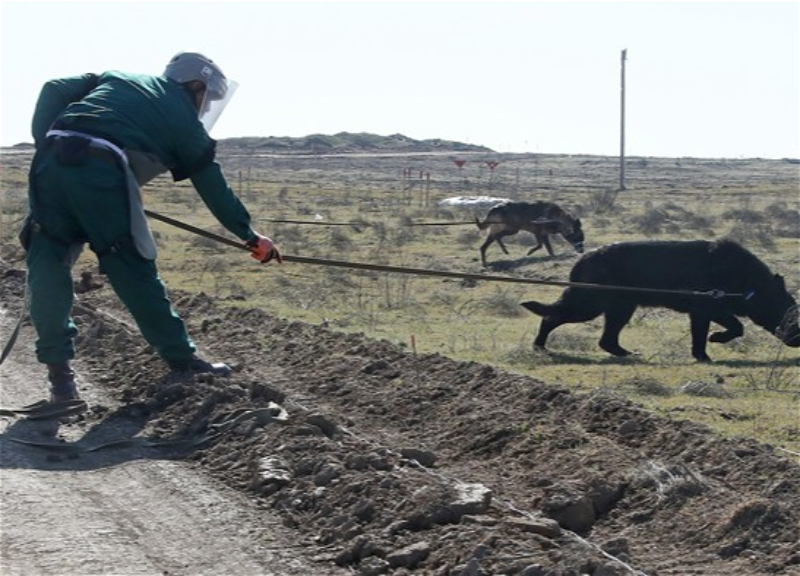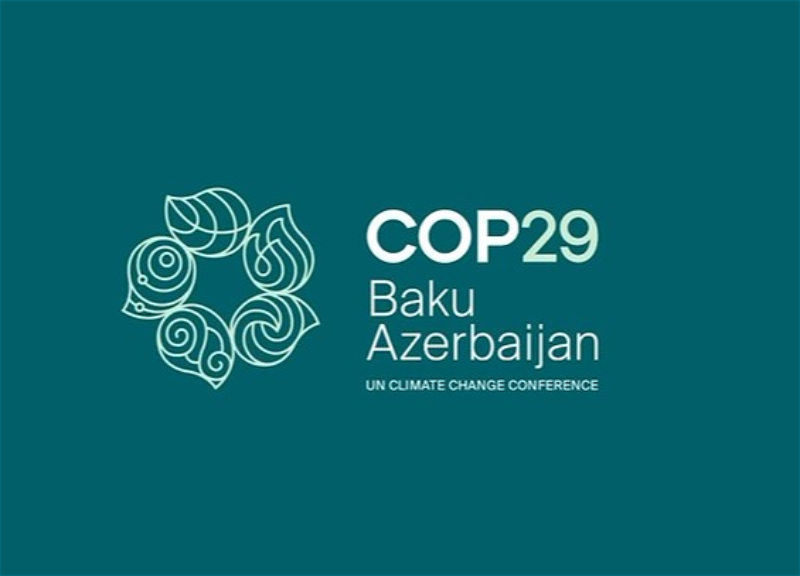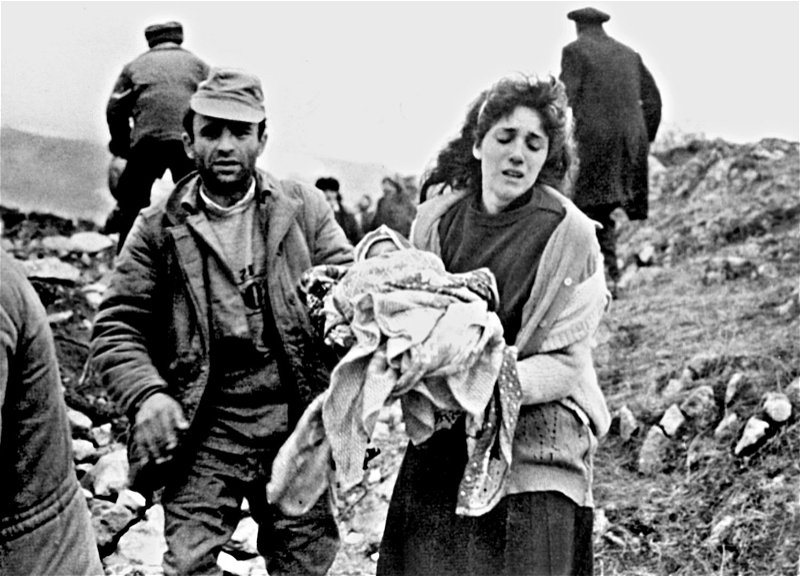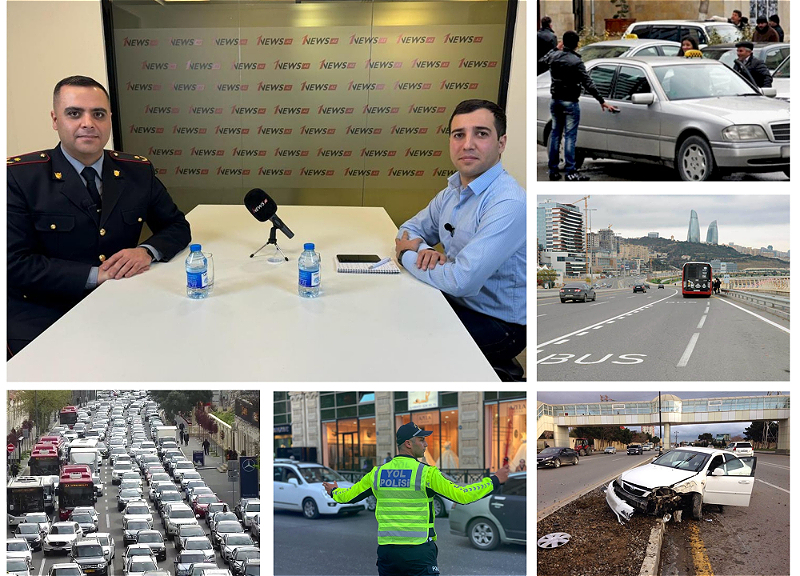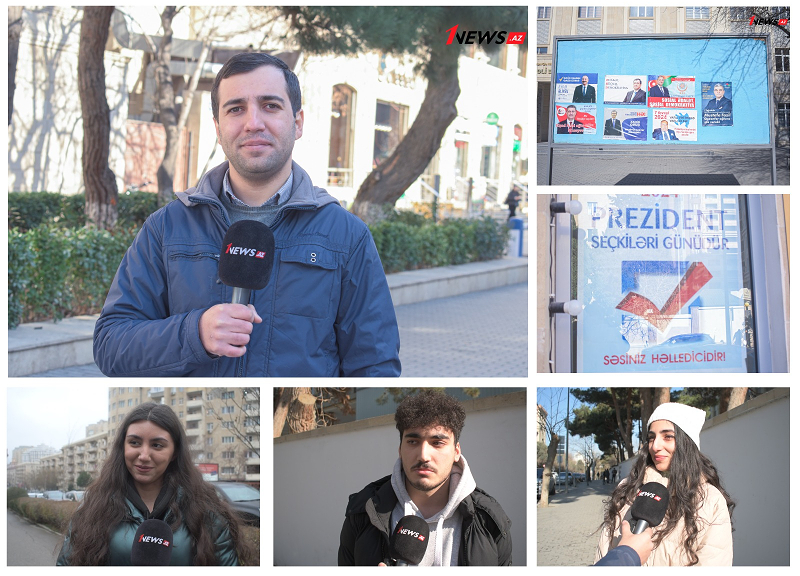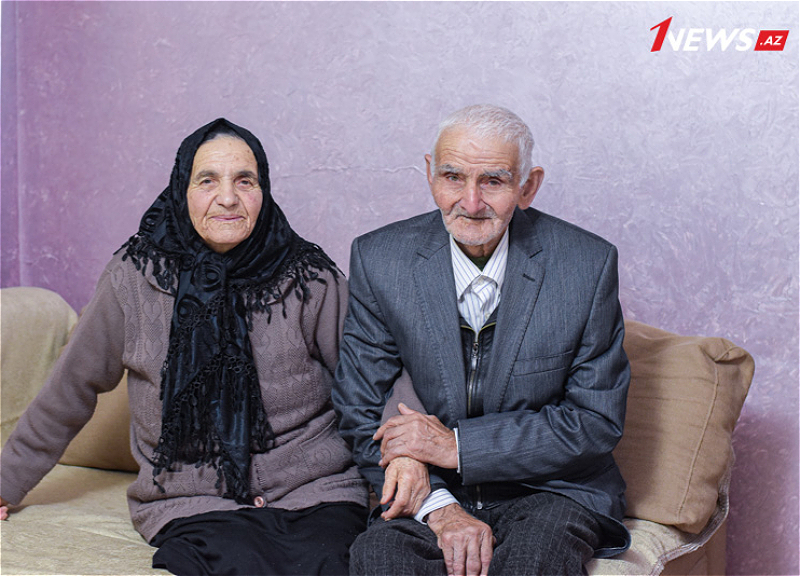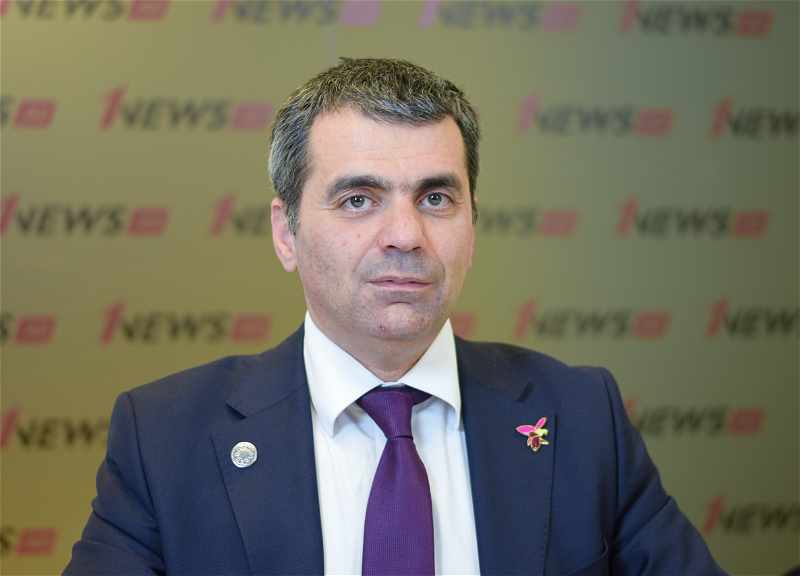International Policy Digest: Economic Impact of the Nagorno-Karabakh Conflict
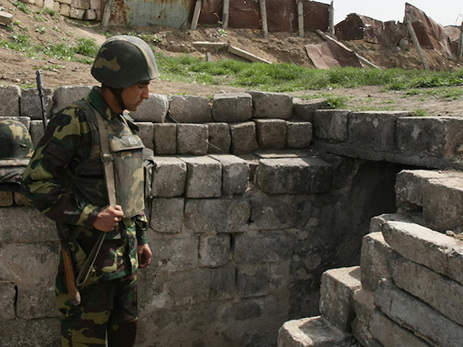
The Nagorno-Karabakh conflict, which ended in May 1994 with the ceasefire agreement between Azerbaijan and Armenia, had a noticeable economic impact on both sides.
As a result of the Armenian aggressive policy during the war, about 900 Azerbaijani villages were looted and more than 20,000 Azerbaijanis were killed and 20 percent of Azerbaijani’s territory was occupied by Armenian forces and the economic security of the country was at risk. In 1994 inflation rose to 1,800 percent and during 1989-1994 years the total GDP decreased about 60 percent. Reduction of GDP in agriculture was about 43 percent and in industry about 60 percent.
As a result of the war nearly 7,000 Azerbaijan establishments were closed, which had provided 24 percent of grain revenues, 41 percent of liqueur production, 46 percent of potato production, 18 percent of meat production and 34 percent of milk production. Armenia seized about 25 percent of the total forested area of Azerbaijan and various rich deposits of mineral resources such as gold, chromite and copper. Using these deposits Armenia claims that it has become one of the world’s leading exporters of precious metals.
During the war the irrigation system in the Nagorno-Karabakh region was destroyed as well. Consequently, five regions of Azerbaijan outside the occupied territories were left without irrigation and revenue. According to the United Nations, total economic damage is estimated to be around $53.5 billion.
Despite all these economic challenges in the 1990s, Azerbaijan was able to overcome the economic crisis. Using its oil resources efficiently Azerbaijan experienced an economic boom and in 2006 became the country with the highest GDP growth (34.5 percent) in the world. The average annual growth level of the economy was about 11 percent from 2000 to 2015. Because of signed oil contracts with European countries, the EU became Azerbaijan’s main trading partner. Trade turnover reached $31 billion in 2014, which is 24 times more compared to 1995. This remarkable economic development following the war made Azerbaijan’s economy the most powerful in the South Caucasus region.
Following the occupation Armenia faced the worst social and economic problems in the region. By 1993, GDP in Armenia had declined to 47 percent. Inflation rose to 5,000 percent in 1994 and poverty increased from around 20 percent in 1988 to around 55 percent by 1996. As a result of the occupation Armenia’s borders were closed by Azerbaijan and Turkey. Georgia became the only export route for exports to Europe and Russia, which made Armenian economy vulnerable to economic instability in Georgia. Therefore, in 2008, during the Russia-Georgia war because of the border closure Armenia lost about $600-700 million in export and faced a shortage of wheat and gasoline. The Armenian government also lost regional transport projects.
Losing the potential to be a transit country for transporting Azerbaijan oil and gas and not being part of the “One Belt, One Road” initiative proposed by China, puts Armenian future socio-economic development at risk which increases its political and economic dependence on Russia. Despite these negative consequences, the Armenian government is not willing to return the occupied territories which impacts Armenians who live in poverty and foments discontent.
During the last two decades the economic predominance in the region has shifted the military balance to Azerbaijan. Azerbaijan has increased its military spending by 10-fold over the last decade to $4.8 billion in 2015. However, Armenia saw a threefold increase to $447 million. Azerbaijan’s military dominance proved itself in the four day war in April 2016. The fighting which began on 2nd April lasted until 5th April when a ceasefire agreement was signed in Moscow. As a result, Azerbaijan regained some of the occupied territories.
In general terms the Nagorno-Karabakh conflict destroyed the integrity of the South-Caucasus region. Trade relations with the former Soviet Union were disrupted. The entire occupied region, full of natural resources and production opportunities, remains almost unused. Conflict also led to the loss of large financial resources on both sides because of military expenditures. Instead, these resources could be used for economic development and regional projects, strengthening the economic prosperity of the region.
The situation created by the conflict affords opportunities for outsiders to increase political pressure on both sides. Therefore, chances of a resolution of the conflict with peace talks still exists which is very important for the region’s development and prosperity. It also should be noted that OSCE’s unsuccessful efforts to resolve the conflict and the failure of the Armenian government to implement four UN Security Council resolutions on withdrawal of armed forces from Nagorno-Karabakh and the surrounding districts prolongs the resolution process and worsens the economies of the nations in the region.

